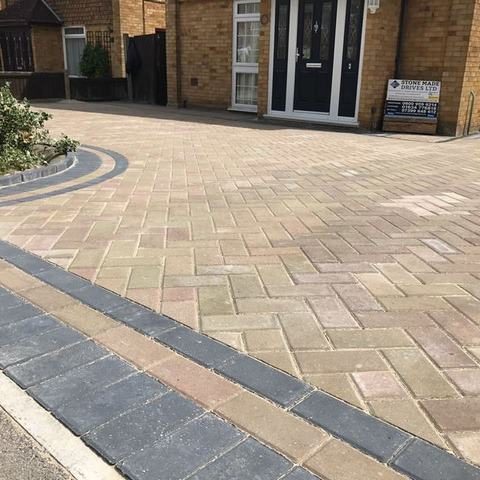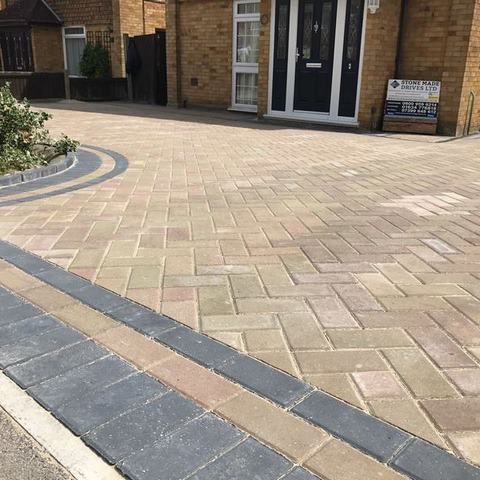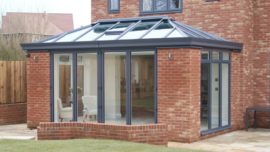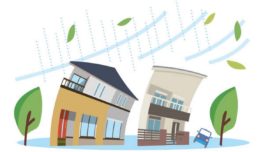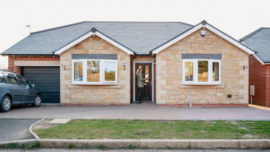Everything to know about designing a driveway
A nice driveway design can completely transform the first impressions that your home creates. Not only can a driveway increase the aesthetic of your home, but it can also add value to the property as well. If you’re renovating your driveway here’s everything you need to know.
What materials should you use for your driveway?
The materials that you use for your driveway should complement your home’s exterior or any walls in your garden. So, this will affect the colour of the material that you can use. Here are some materials that you might use:
Gravel or pebble. –
They are good-value and an ecologically friendly option, as they retain rainwater rather than sending it into the drains. Gravel also acts as a security feature because you can hear when people are approaching your home.
Gravel is a good option because it’s affordable and quick and easy to lay. However, it will shift over time so you may need to level it out with a rake from time to time. If holes appear, you can simply add more gravel. And gravel won’t stop the weeds from growing so you will have to maintain the driveway.
Block paving –
Usually made from moulded concrete blocks, clay bricks, or natural stone, paving can be permeable to allow water to drain away. Using paving allows you to be creative with your new driveway design, the shades grey, and terracotta are the most popular. Block paving is ideal if you are on a strict budget because it is cheap, and doesn’t need much maintenance.
Resin-bound gravel and paving –
This is a single–stone layer, created by applying a film of resin onto the surface, and scattering aggregate on top. Meaning it is quite rough and there may be some loose stone. It’s suitable for slopes and is available in different colours and textures.
Resin-bond paving gives a smooth and durable surface. Resin-bonded paving is cheaper as it’s quicker to lay and uses less material.
Cost and longevity –
An average driveway will cost around £50 to £70 per square meter. Although the prices can vary because each project is different. Resin-bound driveways can last up to 25 years.
